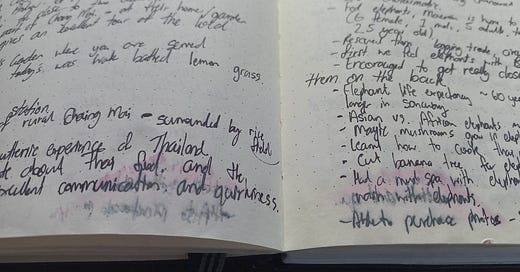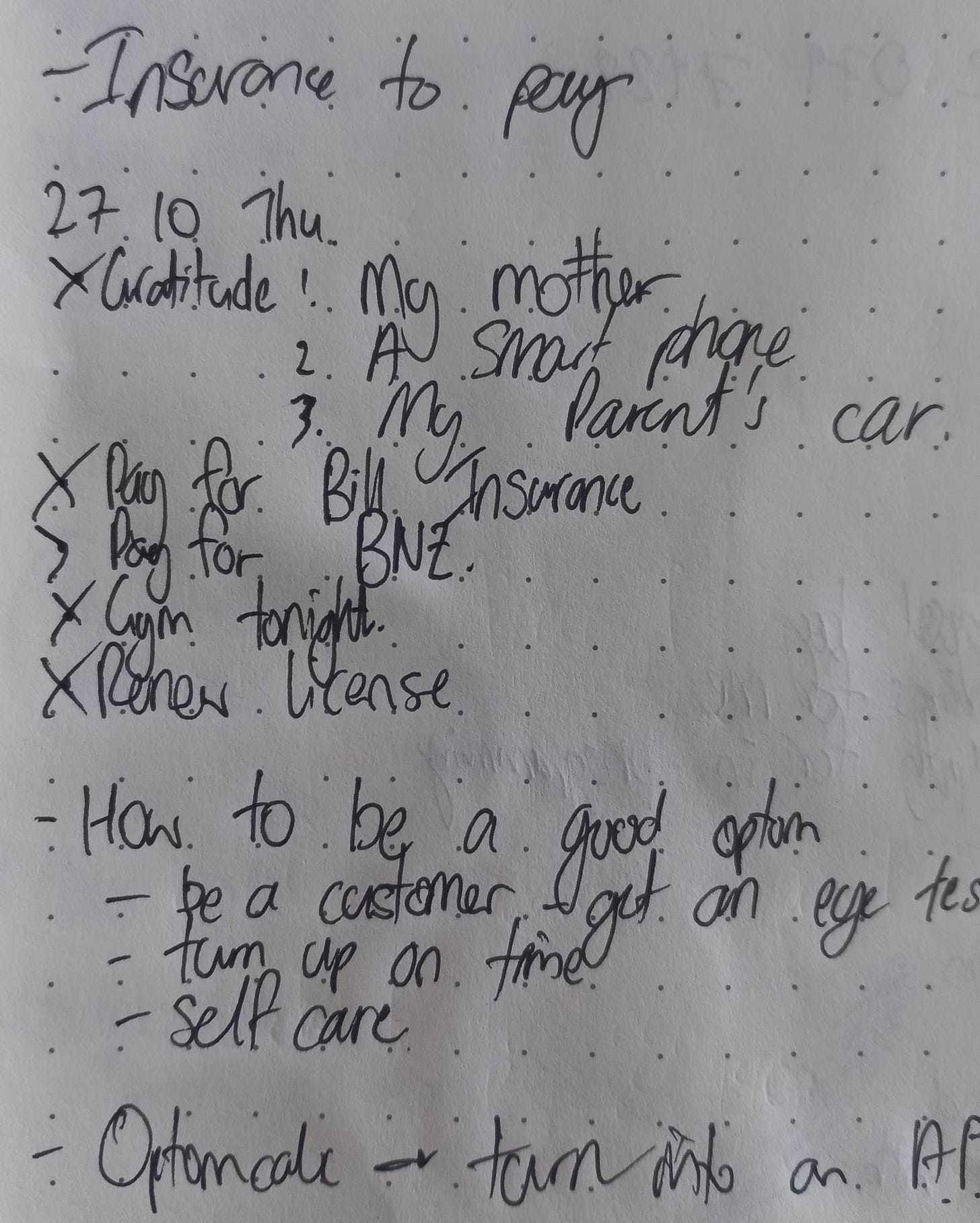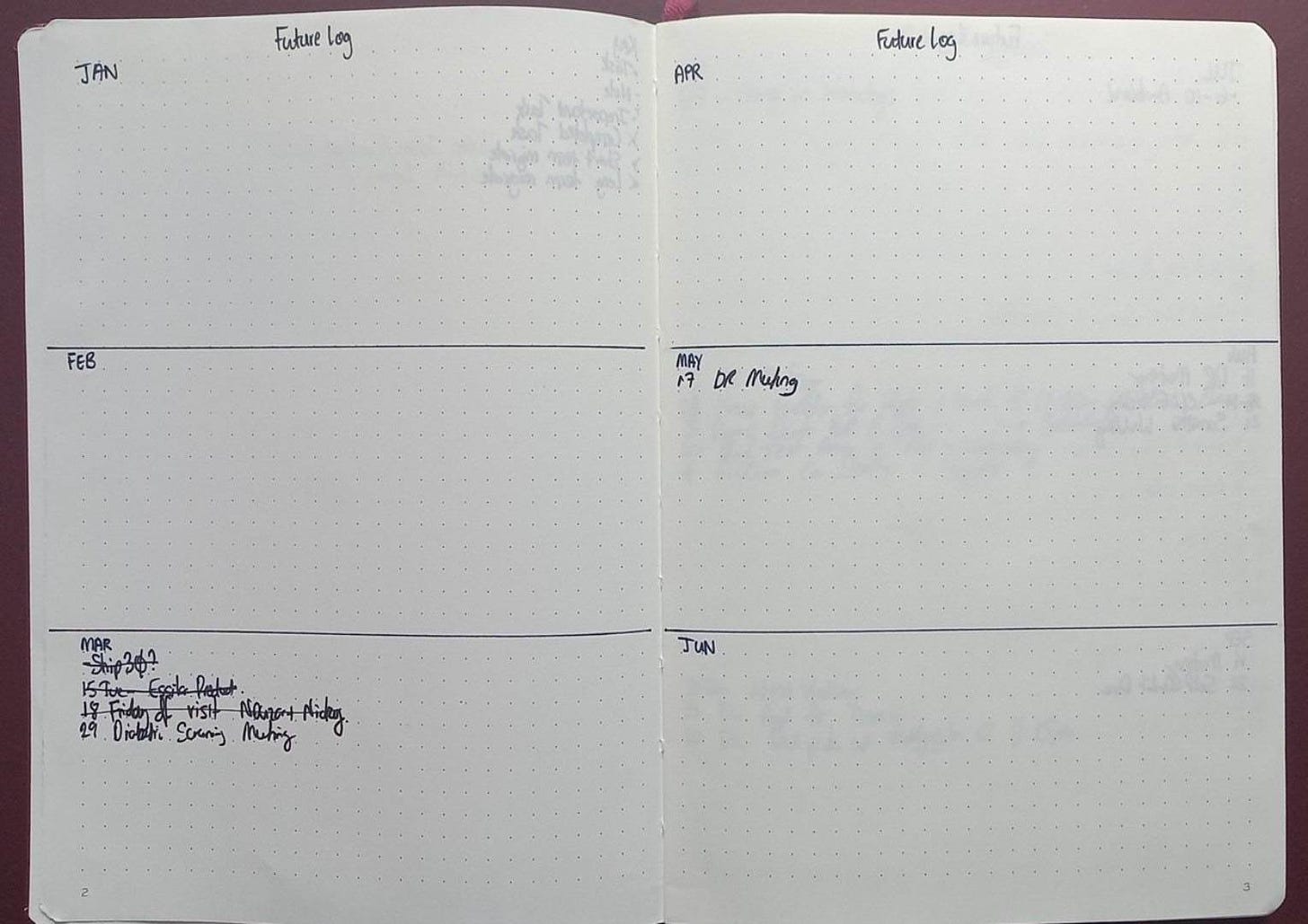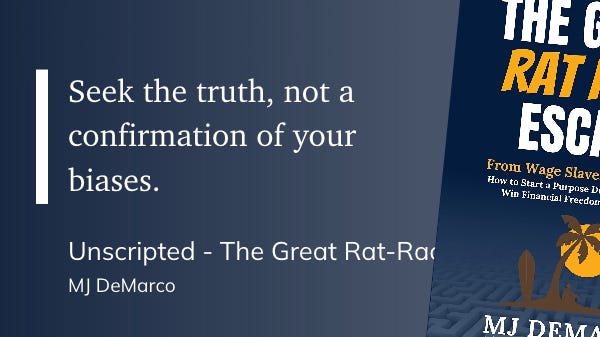How to Journal and Why
I started journaling about 3 years ago in 2019 and the act has greatly improved my clarity and focus.
Keeping to the theme of new year beginnings, journalling can be a positive habit for you to start in 2023.
But you can start doing this anytime, so don’t leave it to a milestone. And the benefits I have received, I want to pass on to you. Even if you journal, what I am about the say may help you, and if you have anything to add, I would greatly appreciate it also.
There are a lot of resources on journalling, so I am going to provide you with some tips that helped me in my unique situation.
Why Journal?
“Dear diary…”
I know what you might be thinking. Isn’t journalling something a teenage girl would do to console her emotions over her high school crush?
I want to say that journalling goes beyond adolescent infatuation.
Journalling is the act of getting your whirlwind of thoughts in your mind onto something concrete, like ink on paper.
By writing down your thoughts, you don’t spend mental effort trying to retain this information because you know you have written it down somewhere, where it is safe.
This notion comes from “Getting Things Done” by David Allen. A brief summary of this book is realising the human mind is good at coming up with ideas, not retaining them. The more you can free the mind from memorising trivial facts, the more clarity there is to enjoy one’s day.
How to Journal?
All you need is a piece of paper and a pen. It’s that simple. You just need to start.
If you don’t have access to pen or paper in your immediate surroundings, you can use your phone or computer but the former is preferred since the technological alternatives are filled with potential distractions.
Once you decided on your medium (hopefully, that’s pen and paper), you then pick a time (that could be in the morning before work, during lunchtime, just before bed, or both, or all) as a sacred time to sit down and write what is on your mind.
I like to journal both in the morning and the evenings. In the mornings, I would write down any ideas or things I had to do on the day and in the evenings I would write down any ideas as well as things I had to do the next day.
Journalling doesn’t have to be about feelings only. Usually, for me, it’s a list of to-dos or content that I want to create.
If you are a worrier, like me, writing is a good way to navigate yourself through your own problems.
Mental chatter can be particularly annoying. The anxious mind always wins. Writing down your stresses allows you to slow down and observe the situation in a different light.
How do I Journal?
If you are looking for a more specific method of journalling, I use most of Ryder Carrol’s method found in “The Bullet Journal Method”.
And yes I purchased a Leuchtturm1917 as well as using fancy pens. I spent a little bit of extra money because I want to enjoy the experience of journaling. As I said previously, it is an activity that has benefited me greatly.
Also, since I’ve paid so much for this, I might as well get the most out of it.
The Bullet Journal method involves a fresh book (unlike those diaries that have days filled in; this is to allow more customizability).
The first few pages are dedicated to a future log to keep a record of any future events (like a wedding 3 months from now).
A monthly log is given (at no specific page) to keep track of monthly events and beyond those pages is a daily log, where your normal journal exists.
The Bullet journal method stays true to its name in that we want to write bullets over long sentences, but I tend to do both anyway.
Some Tips
Some problems I had, and that you may experience, pertain to perfectionism. As we know perfectionism is the enemy of good.
How can perfectionism ruin our journalling habit?
Like any habit, we want to maintain consistency. And if we miss a day, our perfect streak is over and we might as well give up.
This is why I am not a big fan of those day planner-type diaries — you see all these gaps if you miss a day. A journal is something you can return to a day, a week or a month later and continue.
This leads me to my next point, where I thought a single journal should be for one year. However, what I found was I would run out of space in my journal near December. Posing a question about what to do about this on Twitter, I got some excellent advice.

Genius!
Another example of perfectionism being bad is making a mistake. I am guilty of this: you see a brand new journal, and I don’t want to stuff it up.
But let’s flip the equation, it’s brave to do something imperfectly.
This reminds me of a time I went to Thailand. It was the start of a new year (and a new journal). We went on a boat ride with my beloved new journal, and sadly the boat as well as us and its contents didn’t stay dry. Now it wasn’t as bad as I’m making it out to be — my brand-new journal did get a little wet, but I was upset at the time.
Thankfully, I was able to overcome my need for perfectionism and fill up that journal.
Conclusion
I’m not going to lie to you. Journalling hasn’t changed my life but it has definitely improved. This is something I don’t want you to miss out on!
I am someone who has so many ideas and journalling has allowed me to capture those ideas.
I hope the examples you’ve seen have helped you. Please tell me what you think, and if you journal, I’m interested to know how often you journal, and what you do differently.
Thanks for reading.
Stay focused, and talk soon,
Shivan
Interesting things
Dokku - The smallest PaaS implementation you've ever seen - I have implemented this on a small remote server that I have. It’s really cool as it allows me to have multiple projects pointing out to different URLs, saving me money. The method of deployment is super simple so I would recommend you check it.
The T3 Stack - I have started using this stack for a small project that I have been working on. It’s full-stack with Prisma as an ORM, Next.JS and tRPC, along with typescript — if you modify the backend, types will persist to your frontend. There is also authentication with socials OAuth built-in. The idea with this stack is to quickly iterate a project into an MVP.
A Sonnet written by ChatGPT:
Eyes are the windows to the soul, they say, And optometry the art of sight, With skill and care, the optometrist's tray, Helps us to see the world in new light. Through lenses and prisms, they measure our sight, And prescribe glasses or contacts to wear, To help our eyes focus, day and night, And bring the world into sharp, clear air. But optometry is not just about Correcting eyesight, but protecting too, Through regular checkups, they root out Problems that may cause vision to skew. So let us praise the optometrist's hand, That helps us see and understand.
Videos
Here is a chat I had with Ryan O’Connor about the ups and downs of optometry as a career:








